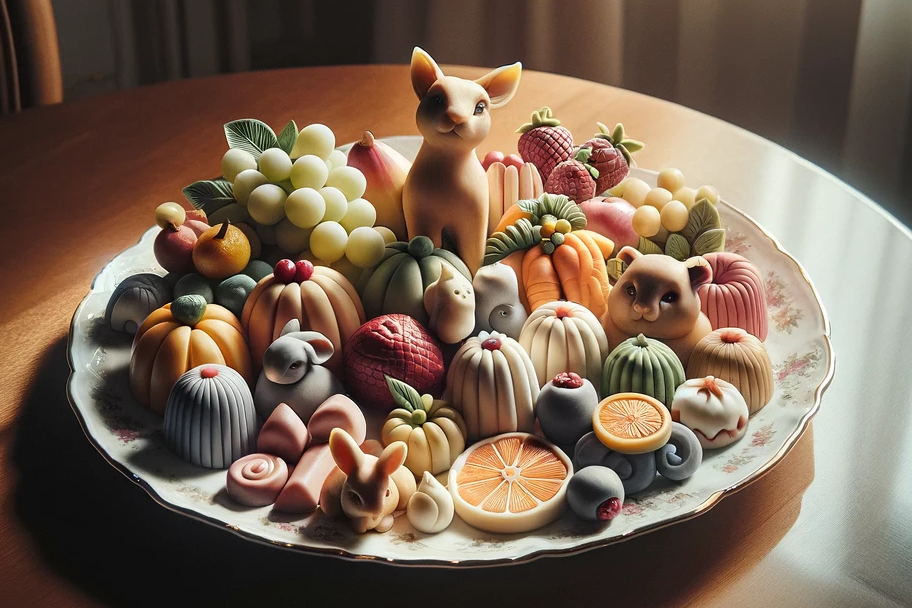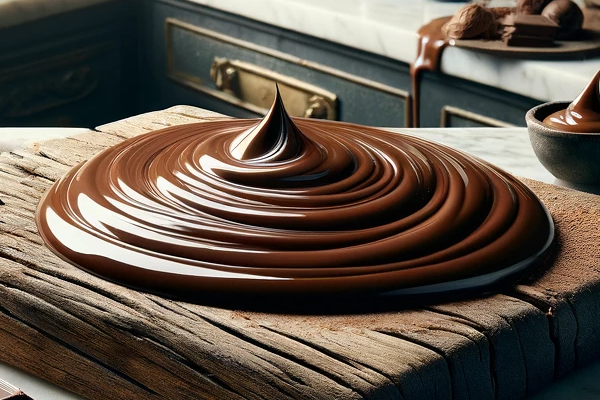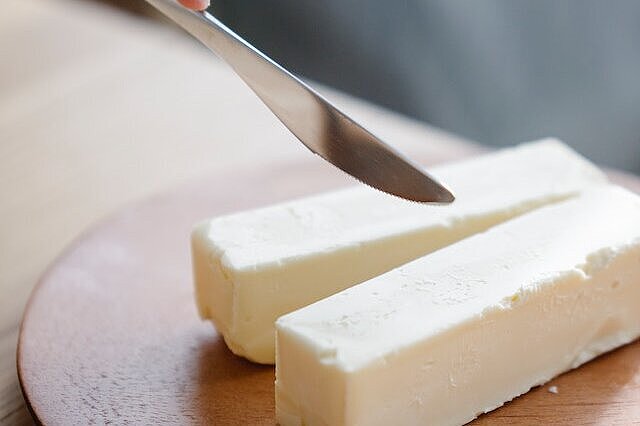Buttercream

What is buttercream?
Buttercream, a staple in confectionery, is a sweet, airy mixture consisting mainly of butter and powdered sugar. Depending on the recipe, milk, cream, flavorings and colorings can also be added to vary the taste and appearance. There are different types of buttercream, including plain buttercream, Swiss meringue buttercream and Italian meringue buttercream, which differ in preparation method and texture.
Possible advantages
Energy content
Buttercream is high in calories, which could be beneficial in certain situations, for example for very active dogs or dogs that need extra energy. However, this should be done in a very controlled way and only in exceptional cases.
Disadvantages and risks
High fat and sugar content
The high fat and sugar content in buttercream is problematic for dogs. Too much sugar can lead to obesity, diabetes and dental problems, while a high fat content can cause digestive problems, including pancreatitis.
Lactose
Butter, a key ingredient in buttercream, contains lactose, which many dogs have difficulty digesting. Ingestion of products containing lactose can cause gastrointestinal problems in lactose intolerant dogs.
Additives and flavorings
The additives and flavorings used in buttercream, such as vanilla extract or chocolate, can be harmful to dogs. Chocolate in particular is toxic to dogs and can lead to serious health problems even in small quantities.
Buttercream may be an irresistible temptation for us humans, but it is anything but an ideal ingredient for our dogs. Due to its high fat and sugar content, potential lactose intolerance and the risk of additives and flavorings, buttercream should only be offered in very small quantities, if at all, and as a rare exception. Your dog's health and well-being are paramount, and there are plenty of dog-safe alternatives that can serve as healthy treats. Before giving your dog human food, it is always advisable to speak to a vet to ensure that it is safe and suitable for your particular dog. Ultimately, it's important to act responsibly and choose your dog's diet wisely to ensure a long, healthy and happy life together.
Properties 8
Are you looking for other ingredients with a specific property?
Just click on them to find more.
If you notice any signs of hypersensitivity or poisoning in your dog, you should see your vet immediately. We are not a substitute for a vet, but we try to be as accurate as possible. Every dog reacts differently and we recommend you get a second opinion or consult your vet if in doubt.
Stay healthy and take good care of your four-legged friend!😊
Similar to Buttercream
Fondant, often found in two main varieties - rolled fondant and poured fondant - is a sugar paste consisting mainly of sugar, water, glucose syrup and gelling agents. Roll fondant is used to...
Marzipan is a sweet confection consisting mainly of ground almonds and sugar or honey. Often enriched with rosewater or other flavorings, it is known for both its smoothness and malleability, making...
Ganache is a smooth mixture traditionally made by mixing chocolate with warm cream. The ratio of chocolate to cream can vary depending on whether a firm, soft or liquid consistency is desired....
Butter is a fat that is made from the cream of cow's milk. The fat droplets are combined into a solid mass by beating or churning the cream. The remaining liquid is called buttermilk. Butter has a...



